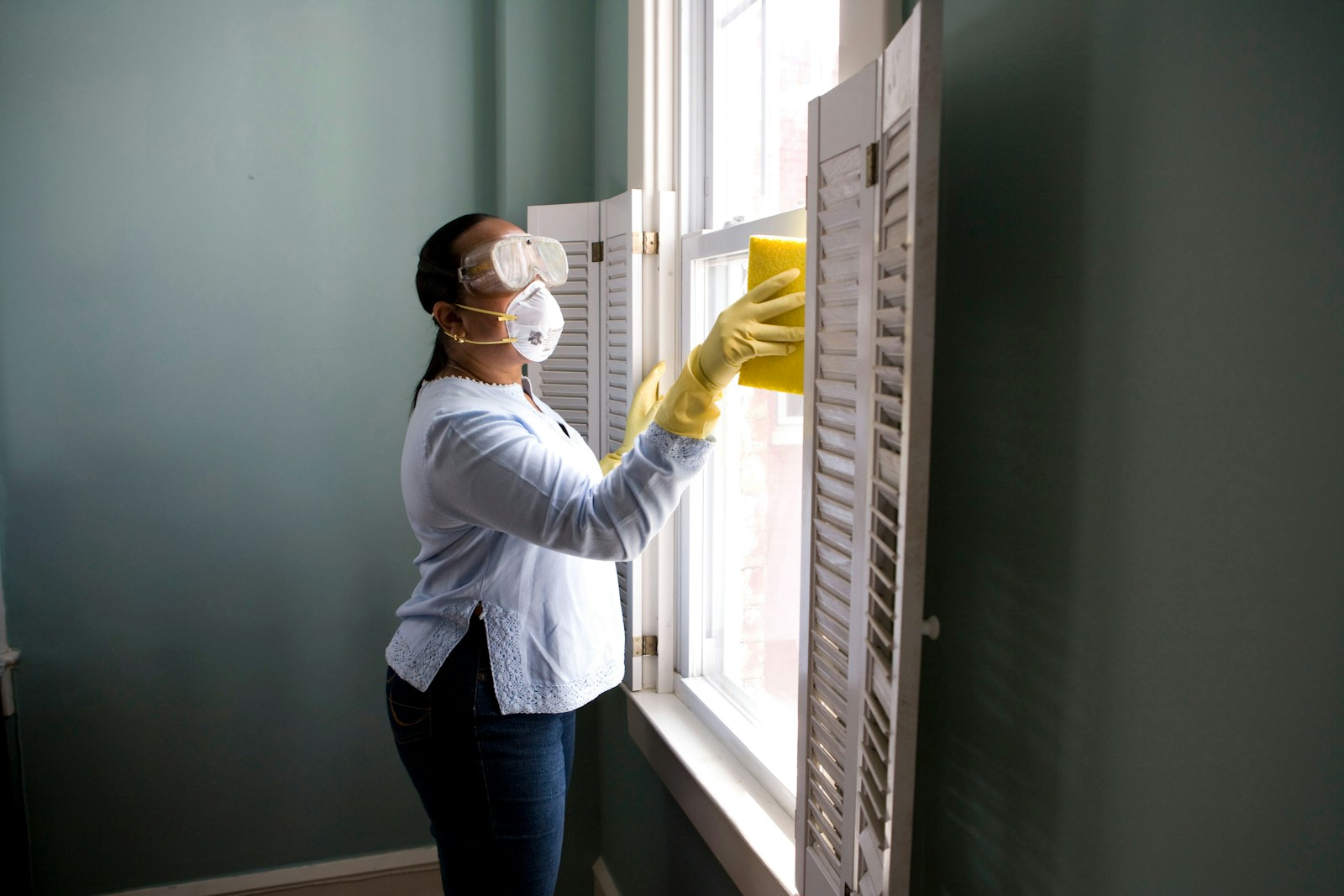Termite Trouble? What Every Homeowner in Maryland Should Know Before It’s Too Late
Owning a home comes with a long to-do list: mowing the lawn, checking the gutters, maybe the occasional renovation. But there’s one threat many Maryland homeowners overlook — and it’s often not discovered until serious damage is already done: termites.
These small, silent pests can cause big problems, quietly damaging the structure of your home and racking up costly repairs.
Why Maryland Homes Are at Risk
Maryland’s humid summers and mild winters make it an ideal environment for termite activity. Unlike more visible pests, termites operate in the background — out of sight and often out of mind.
Their danger lies in what you don’t see. Termites:
- Can infest a home for months or even years before being noticed
- Often work behind walls or beneath floors where damage isn’t obvious
- Are not covered by most homeowners’ insurance policies
Because of this, early detection is key. Waiting too long could lead to structural problems that are expensive and time-consuming to fix.
How to Spot a Termite Problem
Even though termites are hard to spot, they leave behind signs if you know what to look for. Common indicators include:
- Mud tubes on foundation walls or near crawl spaces
- Wood that sounds hollow when tapped
- Bubbling or blistering paint
- Swarms of winged insects, especially in spring
- Piles of discarded wings near doors and windows
If you see any of these signs — or if you’ve never had an inspection — it may be time to get one, especially in termite-prone areas like Baltimore County and throughout Maryland.
What to Expect From a Termite Inspection
A professional termite inspection goes beyond a quick visual check. A licensed inspector will examine:
- Crawl spaces and basements
- Attics and exposed wood framing
- Moisture-prone areas like kitchens and bathrooms
- The soil around the home’s foundation
A termite inspection in Baltimore County and nearby areas is more than a one-time service — it’s part of a broader home care strategy, according to On Baltimore. The goal is not just to detect an infestation but to understand potential risk factors and offer a prevention plan tailored to your home’s specific needs.
After the Inspection: What’s Next?
If termites are found, the technician will explain what areas are affected, how extensive the damage is, and the most effective treatment options. If your home is in the clear, they’ll usually recommend preventive steps to reduce future risk — especially if your home has wood-to-soil contact, moisture issues, or a history of past infestations.
Common treatment and prevention approaches include:
- Applying targeted liquid treatments near the foundation
- Using drill-and-inject methods to access hidden areas
- Making home maintenance changes to reduce excess moisture
The focus should always be on clear communication, effective solutions, and respect for the homeowner’s budget.
Common Termite Myths — And the Truth
Many homeowners fall for termite misconceptions that can lead to delayed action. Some of the most common myths include:
“I have a brick home, so termites can’t get in.”
Even brick homes have wooden frames that are vulnerable to termites.
“I treated my home years ago, so I’m covered.”
Termite treatment isn’t permanent. Ongoing maintenance is necessary.
“Store-bought sprays will solve the problem.”
DIY methods might kill visible termites but often miss the colony, giving a false sense of security.
Professional detection and treatment remain the most reliable way to protect your home from termite damage.
Long-Term Protection Tips
The best defense is a consistent, proactive approach. Here’s how to lower your risk:
- Get termite inspections annually or biannually
- Store firewood and mulch away from your home’s foundation
- Fix leaks and manage moisture, especially in crawl spaces
- Seal cracks and entry points around your home
One local expert, ATC Pest Control, offers in-depth pest control services in PA and MD. They recommend finding a pest control company that offers guarantees, or pest control insurance, and also considering the safety of your pets and babies when choosing your pest control services, as there is a wide range of options these days, and many providers are still using out of date methods.
Learn More
If you’re interested in scheduling a termite inspection or exploring treatment options, consider consulting a licensed local provider. Many offer eco-friendly approaches and customized plans based on your home’s specific risk factors.












Leave a Reply